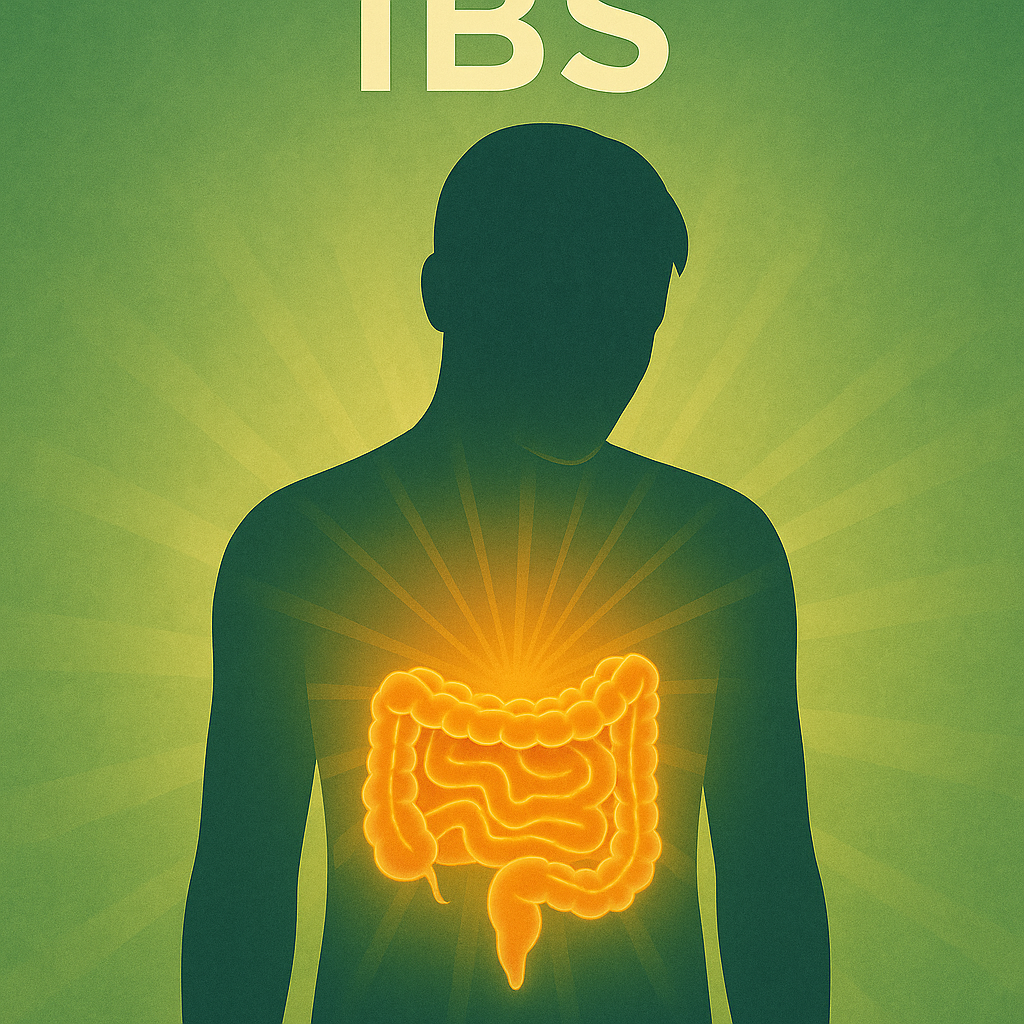Irritable Bowel Syndrome (IBS): The Body’s Call for Ease and Digestive Harmony
Irritable Bowel Syndrome, or IBS, is the body’s way of revealing chronic tension and imbalance within the digestive system. The alternating symptoms of bloating, pain, constipation, and diarrhoea are not signs of disease but of disharmony — the body’s attempt to restore smooth, coordinated function after years of stress, poor food combining, and nervous exhaustion.
From a Natural Hygiene perspective, IBS arises when the digestive tract is overwhelmed by toxic residue, emotional strain, and irregular habits. Modern life — with its rushed meals, stimulants, and processed foods — forces the digestive organs to work under constant stress. The intestines, designed for gentle rhythmic motion, become either spasmodic or sluggish. When food is eaten without hunger, in large combinations, or under anxiety, it ferments instead of digesting. The resulting gas, pressure, and discomfort are the body’s way of signalling overload.
IBS is not an isolated gut issue; it reflects systemic enervation. When the nervous system is depleted, the peristaltic rhythm — the muscular wave that moves food through the intestines — becomes erratic. Emotional tension contracts the bowel walls, while fatigue or poor nutrition weakens them. Alternating constipation and diarrhoea are the body’s alternating efforts to hold or expel — to regain balance between stagnation and release.
True healing begins with rest — both digestive and emotional. Fasting or fruit cleansing allows the intestines to reset their natural tone. Juicy fruits such as papaya, watermelon, and grapes gently cleanse the colon, soothe irritation, and restore hydration. Once the bowel has rested, a diet of simple, unprocessed foods eaten in proper combinations brings lasting relief. Fruits should be eaten alone or on an empty stomach, while starches and proteins should not be combined.
Equally important is calm. The gut mirrors the mind. Fear, guilt, or constant mental pressure translate directly into bowel tension. Learning to eat slowly, in peace, and only when genuinely hungry allows digestion to flow effortlessly. Regular sleep, sunshine, and outdoor movement also play vital roles in restoring natural rhythm to the intestines.
IBS is the body’s reminder that digestion is not merely mechanical — it is emotional, mental, and energetic. When we live with calm awareness, the bowels respond with smooth and steady function. As the bloodstream clears and the nerves relax, the bloating and irregularity fade naturally.
Healing the bowel is healing the self. IBS teaches us to slow down, simplify, and listen to the body’s signals. When food, thought, and feeling all move in rhythm, the intestines no longer protest — they cooperate. Harmony replaces tension, and the gut once again becomes the peaceful centre of vitality it was designed to be.

